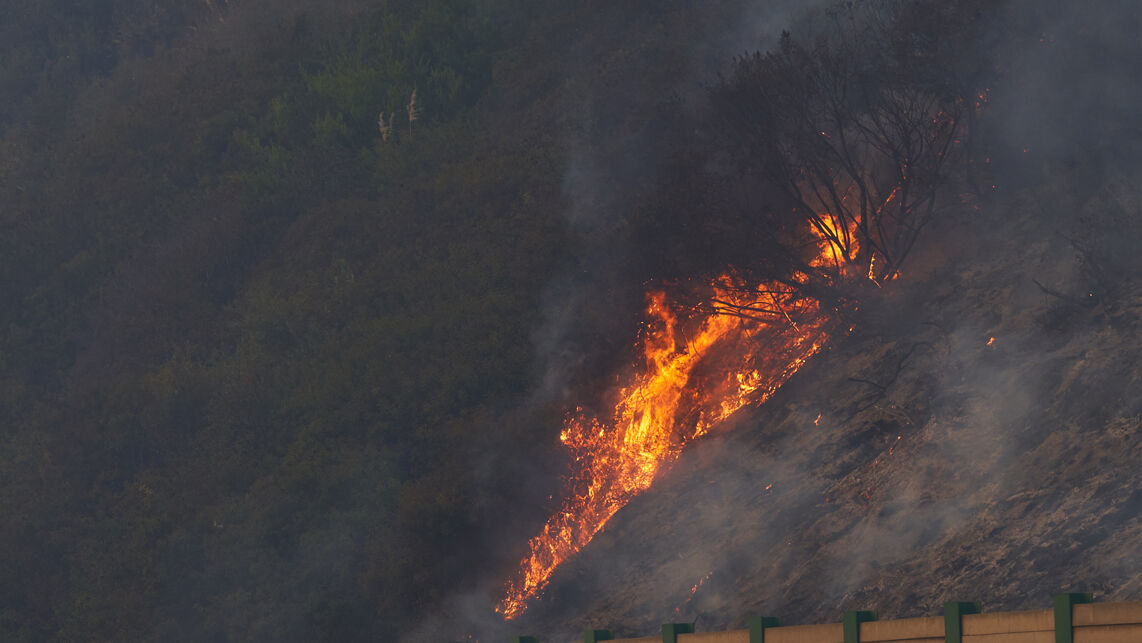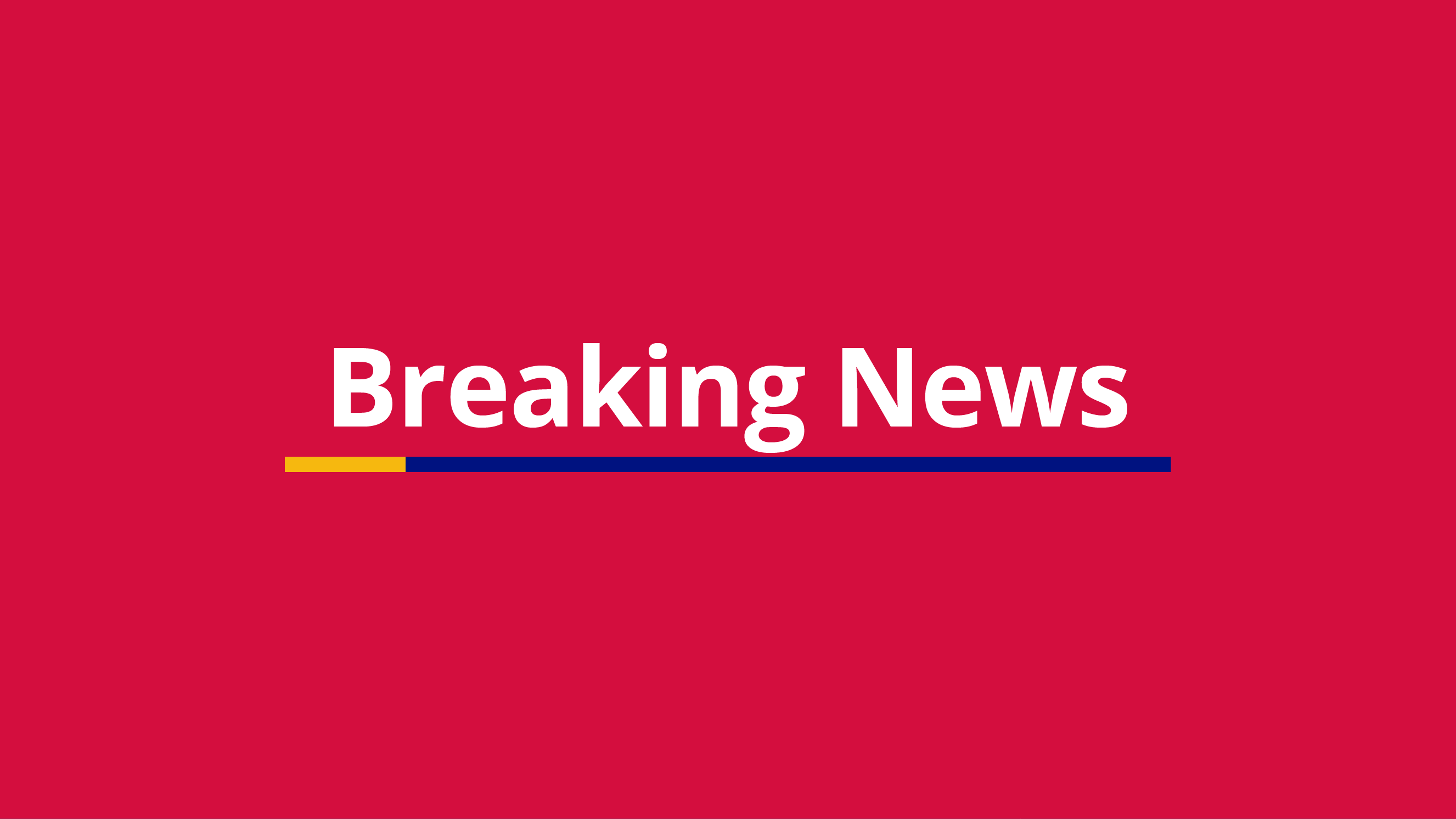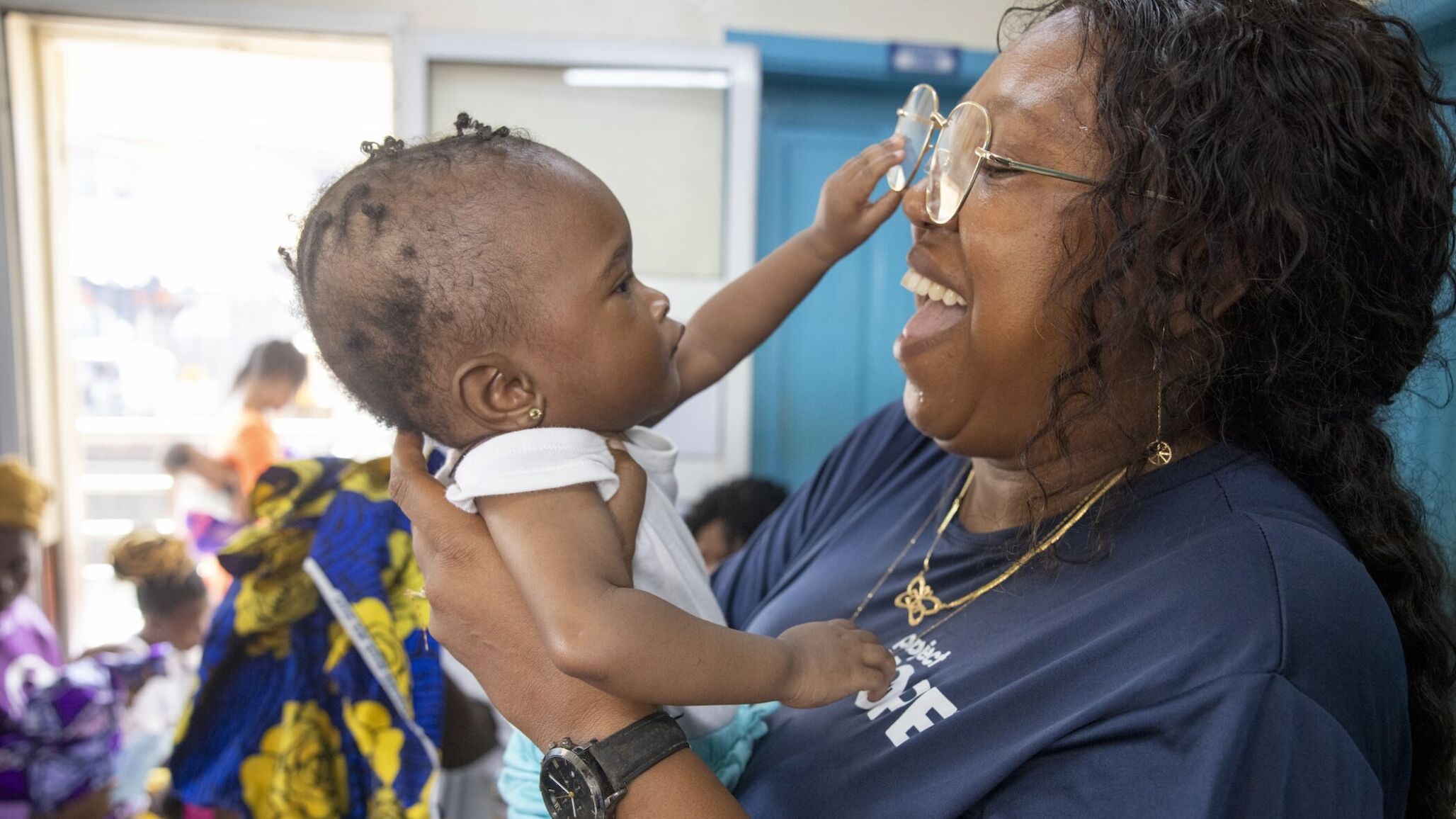

United States & Territories
Responding to emergencies and implementing impactful public health programs to support medically underserved populations
The Context
Despite significant advancements in research, practice, and policy, the United States and its territories have significant health disparities that disproportionately impact communities of color, people experiencing poverty, and vulnerable populations. Local health systems, especially those serving historically marginalized communities, face significant challenges in meeting health care needs and improving equity. Despite these obstacles, they remain resilient and continue to evolve. Project HOPE collaborates directly with partners and communities in underserved regions, training frontline health workers, improving maternal and child health outcomes, procuring critical medical equipment, and building lasting equitable health programs.
Our Impact
Supporting the Frontline Health Workforce
At Project HOPE, we collaborate closely with partners to address local needs through comprehensive strategies like training frontline and community health workers, strengthening local health systems, procuring critical medical equipment and supplies, and implementing equitable health programs that pave a way for sustainable solutions. We collaborate directly with partners and communities in underserved regions including frontline health care workers that serve rural populations, indigenous communities, people of color, young people, older adults, people living with disabilities, and vulnerable populations in order to address inequity and reduce health disparities.
Expanding Mental Health Support
Project HOPE supports comprehensive mental health and well-being programs for those who need it most. We collaborate with indigenous leaders, communities of color, health workers and young people to adapt culturally appropriate mental health initiatives, address mental health stigma, and promote resilience. Project HOPE also works to raise awareness, support mental well-being, build the capacity of local partners, and provide support to affected populations.
To address health worker burnout, Project HOPE provides training on Mental Health and Resilience to frontline health workers, in collaboration with national and local partners including NYC Health & Hospitals, public health departments, and free and charitable clinics across the country.
In addition, Project HOPE’s Youth Mental Health program trains young peer educators to engage youth in their communities, building awareness and skills to reduce stigma, build resilience, protect and maintain their mental well-being, and know when and how to seek help for themselves and others.

Addressing Infectious and Chronic Diseases
Project HOPE operates a robust approach to address both infectious and noncommunicable diseases in order to reduce health disparities and improve outcomes. In partnership with Moderna, Project HOPE is coordinating COVID-19 vaccine donations for under- and uninsured Americans at free and charitable clinics countrywide. In addition, we are working with the Illinois Department of Public Health to prevent the spread of infectious and respiratory diseases in skilled nursing facilities.

Project HOPE was instrumental in increasing vaccination rates in low-income and uninsured communities across Alabama, Florida, Georgia, Louisiana, and Texas with funding from the Health Resources and Services Administration (HRSA). With our support, a network of dozens of free and charitable clinics were able to offer vaccination incentives and hire community health workers who served as a critical link to build trust, combat misinformation, and reach the most underserved populations.
To address growing rates of noncommunicable diseases, Project HOPE collaborates with health care workers to strengthen NCD programming for underserved communities. In emergency response situations, we deploy solar-powered cold chain storage systems, deliver insulin, and provide medical supplies needed for diabetes management. Within the U.S., Project HOPE trains community health workers to promote NCD screening and support linkages to care through culturally and linguistically appropriate NCD programs that strive to reach medically underserved and underrepresented communities.
Responding to Disasters
Project HOPE responds to extreme weather events, climate disasters, natural disasters, and health crises in the U.S., providing immediate relief and strengthening local health systems for long-term resilience. Our track record includes responding to hurricanes Harvey, Ida, Laura, Maria, Fiona, and Ian. Our response strategies included sending surge medical volunteers to understaffed clinics and hospitals; distributing critical hygiene items and supplies to community-based organizations and shelters; procuring medical equipment, supplies, and medications for affected health facilities; and providing mental health and resilience training for frontline health workers.
Our History in the United States & Territories
Founded in 1958 with headquarters in Washington D.C., Project HOPE’s work in the United States began in 1969 serving rural and medically underserved communities in the Southwest U.S. Over the years, we have continuously expanded our reach, responding to emergencies and implementing impactful public health programs across the country and territories.
In response to the COVID-19 pandemic, we delivered millions of pieces of personal protective equipment (PPE) to health systems across the U.S, while our medical volunteers provided care to thousands of patients and tested more than 25,000 people for COVID-19 across the country.
Project HOPE also has a long history of responding to natural disasters in the U.S. and territories, including Hurricanes Harvey, Fiona, Irma, Maria, Laura, Ida, and Katrina. In 2005, we deployed medical volunteers in response to Hurricane Katrina in collaboration with the U.S. Navy effort. When Hurricanes Harvey, Irma, and Maria struck in 2017, we sent medical volunteers to Texas, Florida, and Puerto Rico. In 2021, in the aftermath of Hurricane Ida, we worked with Louisiana health authorities and partners to respond to the needs of displaced populations by providing medical surge support and relief supplies.



